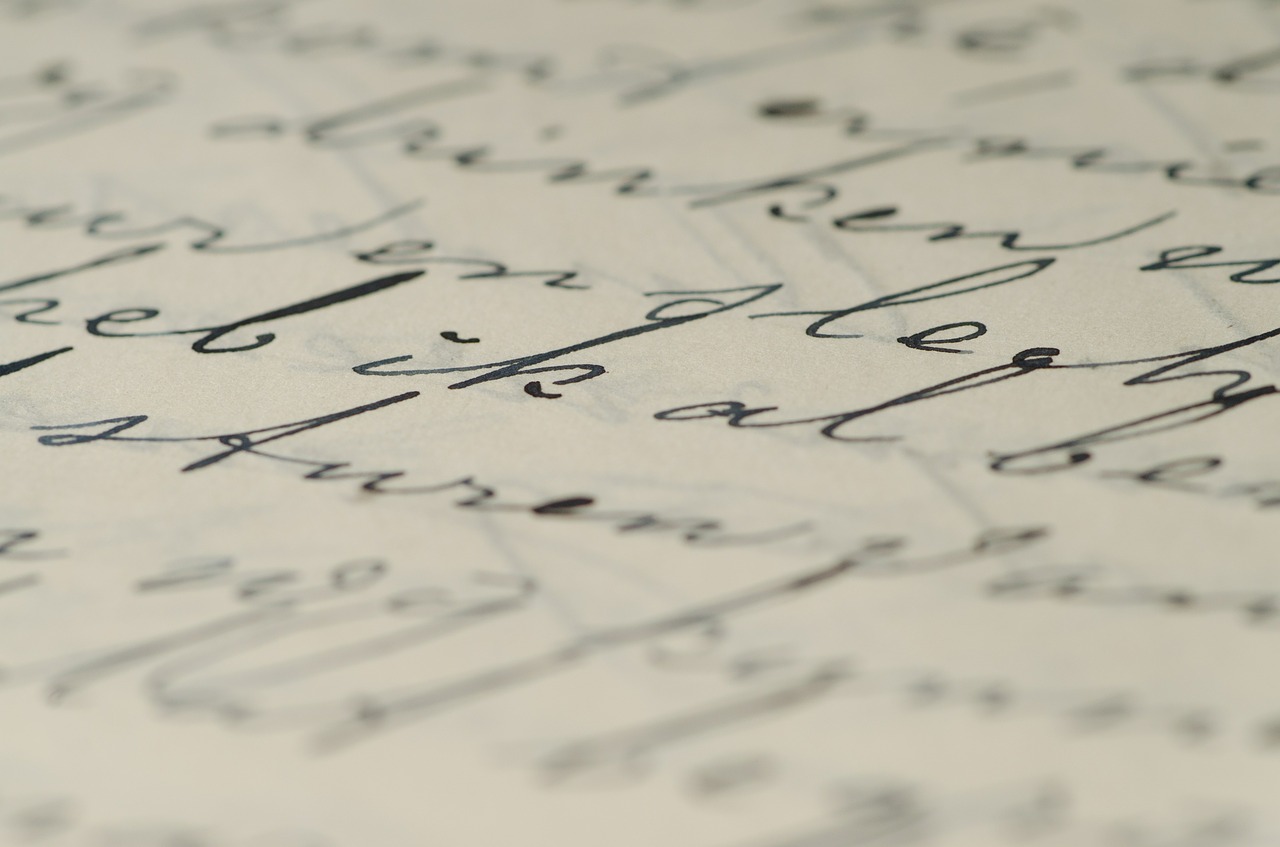Ithari
"I'd recommend that you don't read that text out loud. It might have.. consequences."
Words have power. In no other language is this more true than in Ithari, the language of magic. Short sentences can produce fire, create force walls or freeze water. Both the spoken language and one of the written alphabets carry the power to make magic happen, and should only be used with great care. There are countless small accidents among the first year students at the Academy of the Arcane every year, ranging from setting homework on fire to minor injuries.
A Language of Power
Ithari makes it possible for people with no innate magical skill to tap into the source of magic - the Kor-Ithar - either by speaking, writing or willing. The user will have to use the language precisely to get the desired effect, making sure that the words used for delaying the effect are put first if the effect shouldn't be instantaneous. It's easier to get an effect by speaking than by willing, since willing demands a tremendous amount of focus to do right.
A good syntax for a good spell can be something like this:
Yet there are a lot of ways to order the words to get a desired effect. There's probably as many ways to do this as there are spellcasters using Ithari to do magic.
Two Alphabets
How many times have I told you to not take notes in Ithari-En? You could've set the whole classroom on fire, not only your notes!
Ithari has two written alphabets. In the beginning there was only one - Ithari-En. The need for a way to communicate in written form in Ithari without accidentally setting the book where the text was written on fire made the scholars at the Academy to make an additional alphabet for the language - Ithari-To.
Ithari-En
Ithari-En is a runic alphabet that is easy to chisel, scratch or etch onto surfaces, and is magical in nature in the same form as the spoken version of the language, as in having power at the moment it is written. The writer of Ithari-En must be very careful about what they write.
Ithari-To
Ithari-To has more rounded letters, and is designed to write with a quill and ink. The text written with Ithari-To won't have any power in itself, but if read aloud it might be dangerous. All books on magic, and over half the books in the Arcane Library are written in Ithari-To.
Related Articles
Usage of Written Ithari
Written Ithari is used for several purposes. Here are some of them.
Spellbooks
(Main article Spellbook)Utilizing both Ithari-En and Ithari-To for effects, spellbooks are always written in Ithari to guard the magic inside from the eyes of those who know too little to do magic safely.
Books on Magic and Related Topics
All textbooks written for magic users are generally written in Ithari-To, as it is the official written language for academic pursuits in the field of magic.
Protection of Doors, Windows and Similar
Some entrances, windows and walls might have imbued effects written in Ithari-En. These runes are often hidden from sight or invisible, so that people knowing what to do won't know how to get around the effects.
Magical Scrolls
Heavily depending on the syntax for delayed effect, magical scrolls are written in Ithari-En. The effect is often delayed until a specific command word is uttered, so using a scroll is often as easy as reading the word on the paper.
Note on Spellbooks and Scrolls
The art of writing magic onto paper isn't as easy as it sounds, however, and it isn't just to copy the text over to another sheet of paper. Ordinary ink and paper renders the paper too fragile since it can't hold the magical energies needed to hold the spell. A proper written spell needs to be written with Gayavi Ink on Spellpaper to not make the paper almost instantly crumble to dust. These materials are hard to make and expensive to buy.




Comments